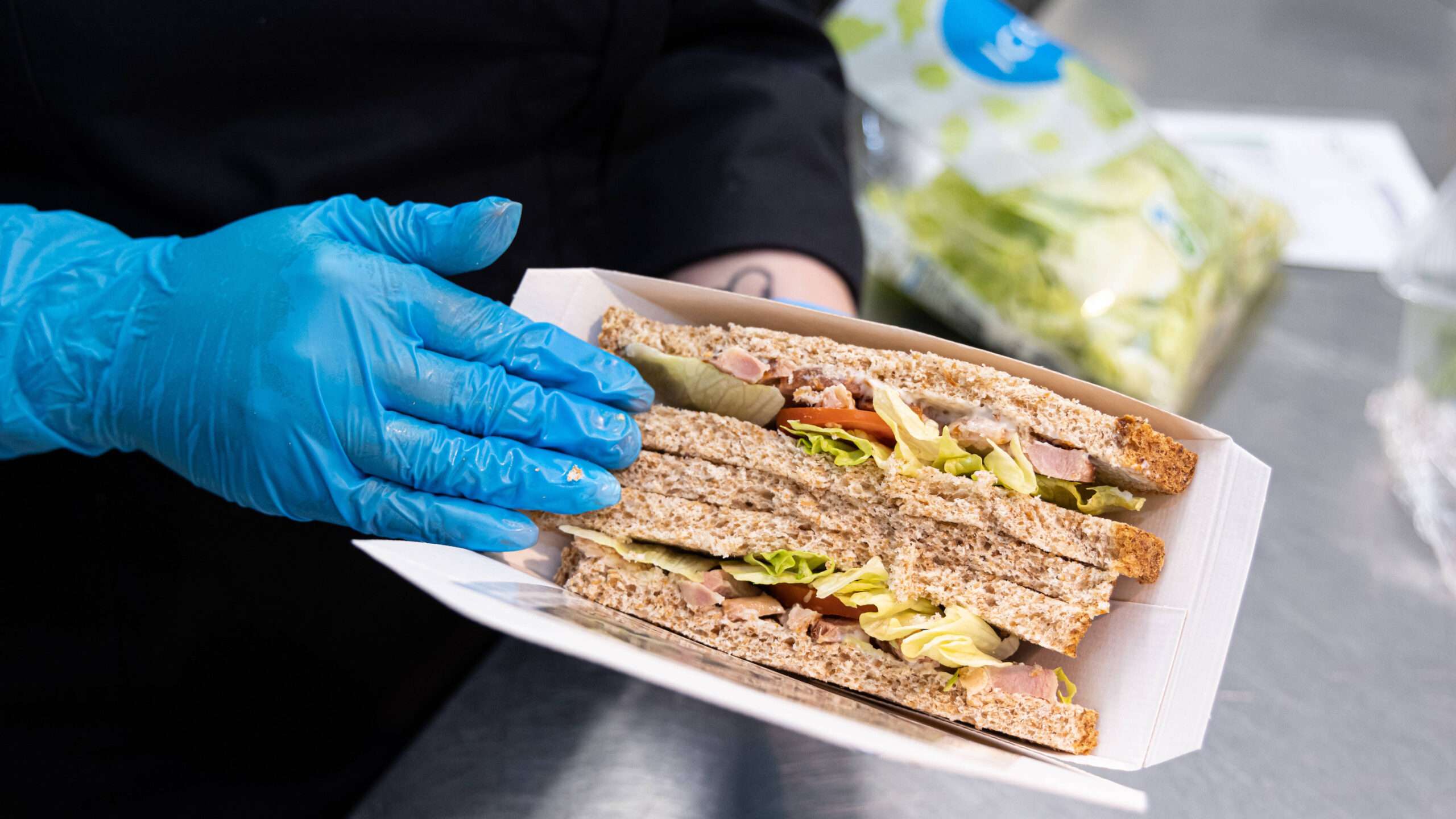Several major supermarket chains have issued urgent recalls for a variety of sandwiches, wraps, and salads due to potential contamination with E.coli bacteria. The recalls were initiated after routine testing revealed the presence of the bacteria in some of the products. The affected items, which have been pulled from shelves, include pre-packaged sandwiches, wraps, and salads sold under various brand names.
E.coli, short for Escherichia coli, is a type of bacteria commonly found in the intestines of humans and animals. While most strains are harmless, some can cause severe food poisoning, leading to symptoms such as stomach cramps, diarrhea, vomiting, and fever. In severe cases, particularly among young children, the elderly, and individuals with weakened immune systems, E.coli infection can lead to life-threatening complications.
The supermarkets involved in the recall have advised customers to check their fridges for any of the recalled products. Consumers who have purchased these items are urged not to consume them and to return them to the store for a full refund. Retailers have apologized for the inconvenience and assured customers that they are working closely with health authorities to ensure the safety of their products.
Health officials are conducting thorough investigations to determine the source of the contamination. Initial reports suggest that the issue may be linked to a specific supplier, prompting the recall to extend across several supermarket chains that sourced their products from the same distributor. The supplier is cooperating fully with the investigation and has suspended production to address the problem.
In the meantime, the Food Standards Agency (FSA) has emphasized the importance of food safety and hygiene practices. They have provided guidelines for consumers to reduce the risk of E.coli infection, including proper hand washing, cooking meat thoroughly, avoiding cross-contamination in the kitchen, and washing fruits and vegetables before consumption.
This incident highlights the challenges faced by the food industry in maintaining safety standards across the supply chain. Despite stringent regulations and regular inspections, the complexity of food production and distribution can sometimes lead to contamination. Supermarkets and suppliers are now reviewing their processes and protocols to prevent similar occurrences in the future.
Public health officials are also reminding consumers to stay vigilant and report any adverse health effects after consuming potentially contaminated products. Those experiencing symptoms of E.coli infection are advised to seek medical attention promptly. The FSA continues to monitor the situation and will provide updates as more information becomes available.
The recall serves as a stark reminder of the importance of food safety and the need for constant vigilance in the production and handling of food products. As investigations continue, the priority remains ensuring the health and safety of consumers, while maintaining public confidence in the food supply.








































